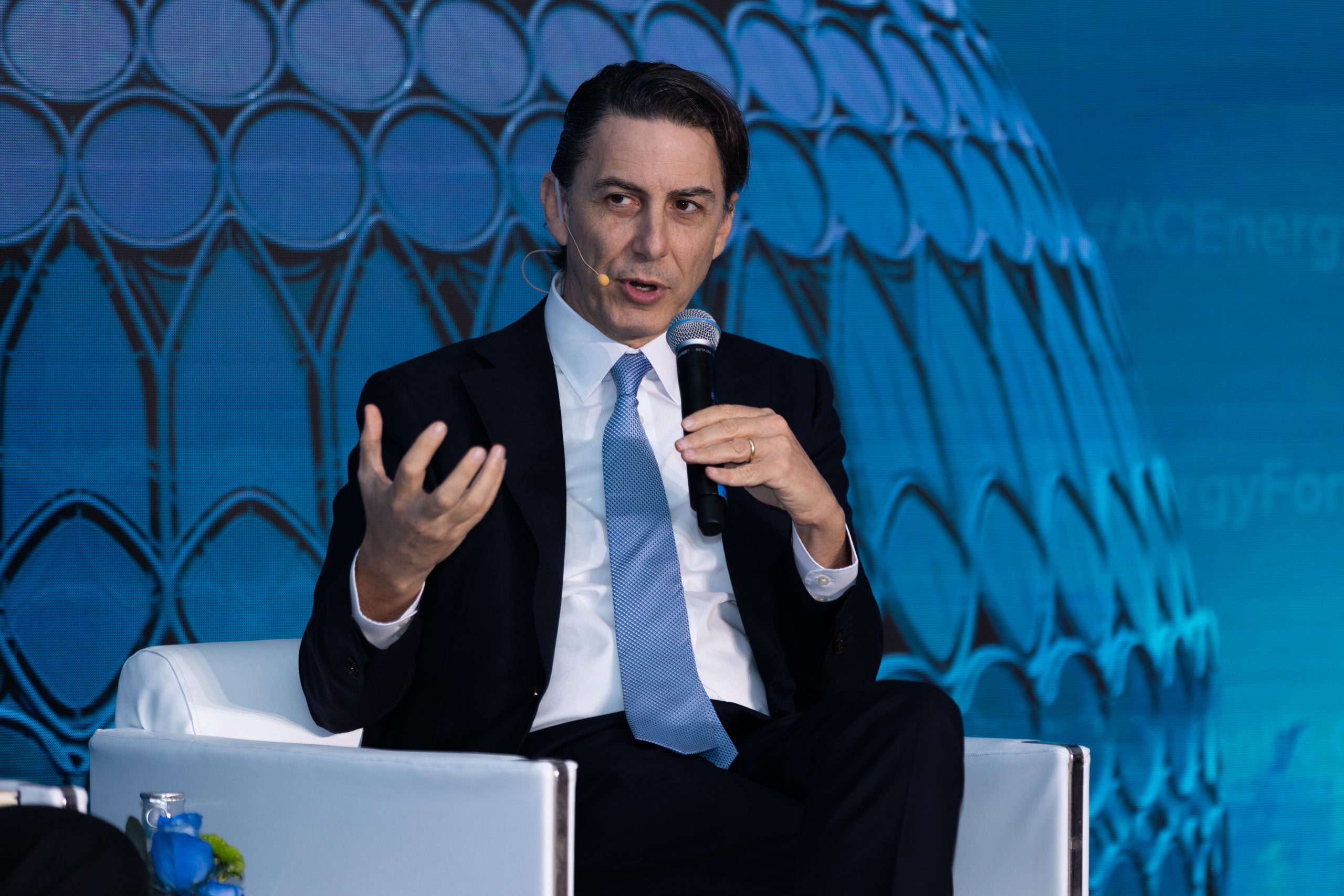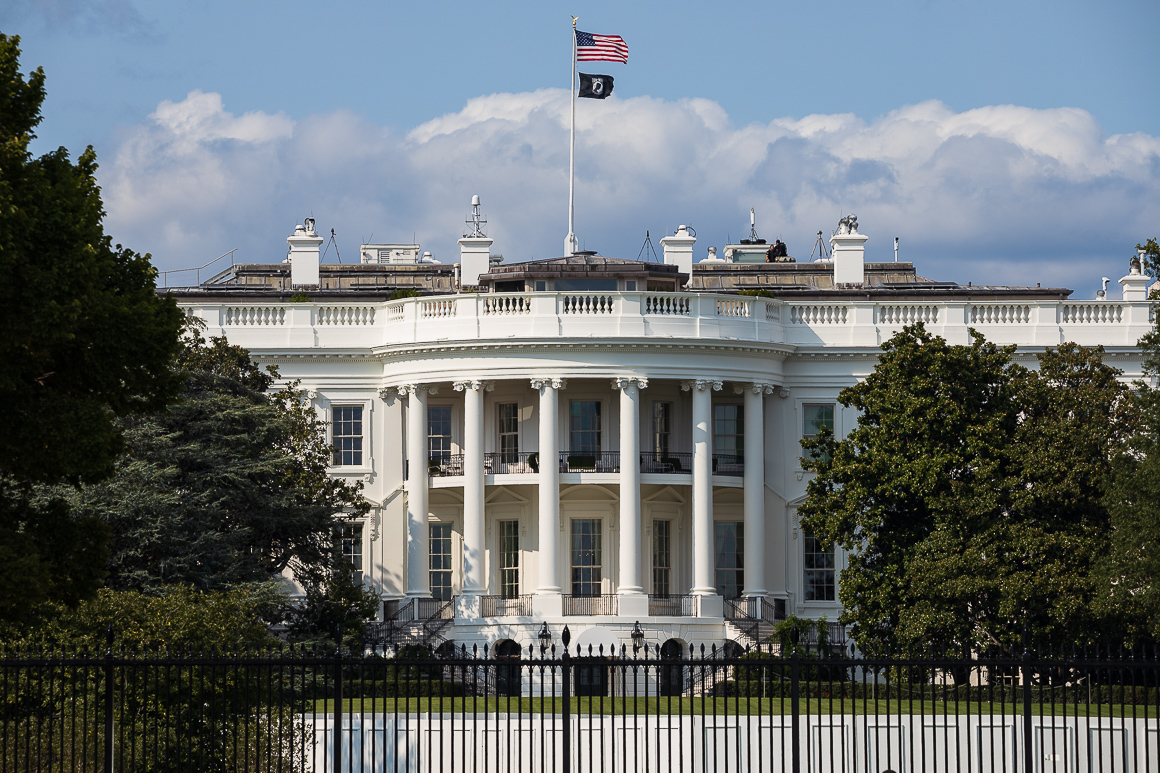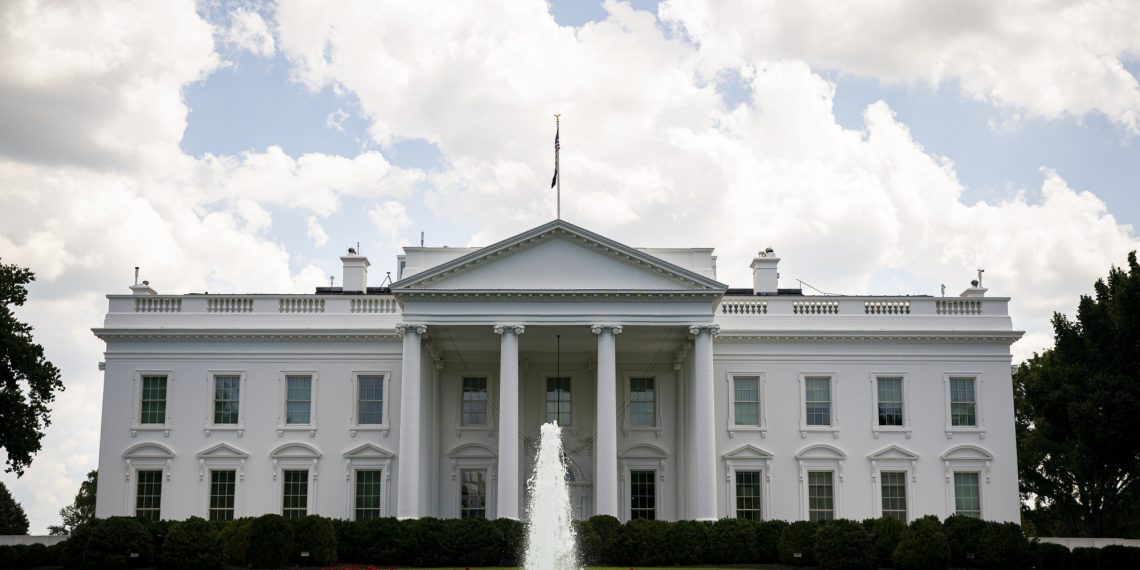Amos Hochstein, a senior White House advisor, stressed the importance of promoting mining ventures in countries such as the Democratic Republic of Congo and Zambia to secure a steady supply of critical minerals important for renewable energy and infrastructure.
He warned that the energy transition required for combating climate change would stall if mineral extraction was limited to countries with stringent standards.
Hochstein advocated for financial support for projects in regions with abundant resources but facing challenges like unstable political systems and poor labor conditions.

The Inflation Reduction Act, a key component of President Joe Biden‘s climate change policy, offers subsidies to producers of minerals like lithium and copper, which are vital for batteries and solar panels.
Hochstein proposed extending such support to projects in riskier countries to incentivize Western corporations hesitant due to reputational and asset risks.
He emphasized the need for collaboration among the United States, G7 nations, and other stakeholders to mobilize capital for these ventures.
Hochstein suggested leveraging agencies like the U.S. International Development Finance Corporation and the Export-Import Bank of the United States, along with global institutions like the World Bank and International Monetary Fund, to facilitate investment.

He stressed that such collaborations should aim to improve communities and quality of life in host countries while supporting sustainable and equitable energy transitions.
By assuming more initial risk, governments can encourage private sector participation and ensure diversified and reliable mineral supplies for the global clean energy transition.




